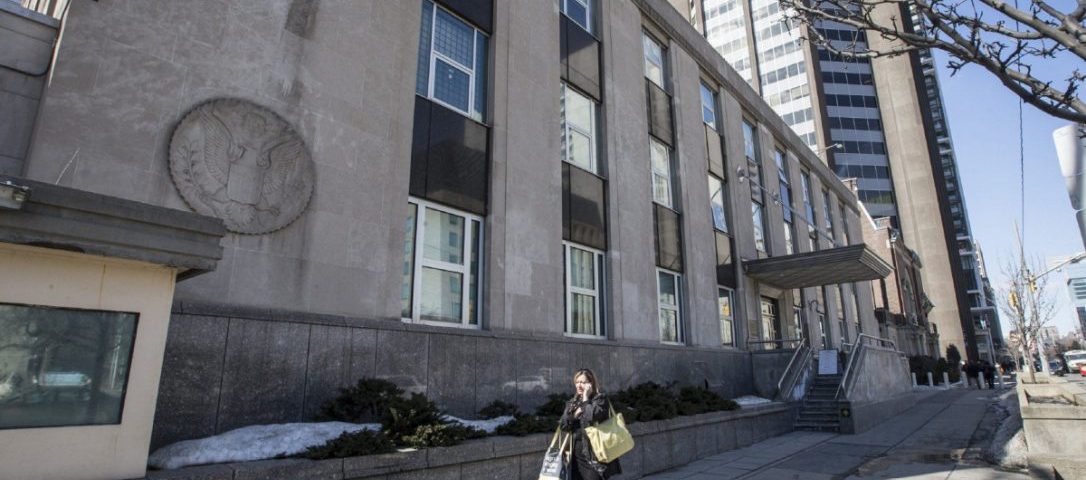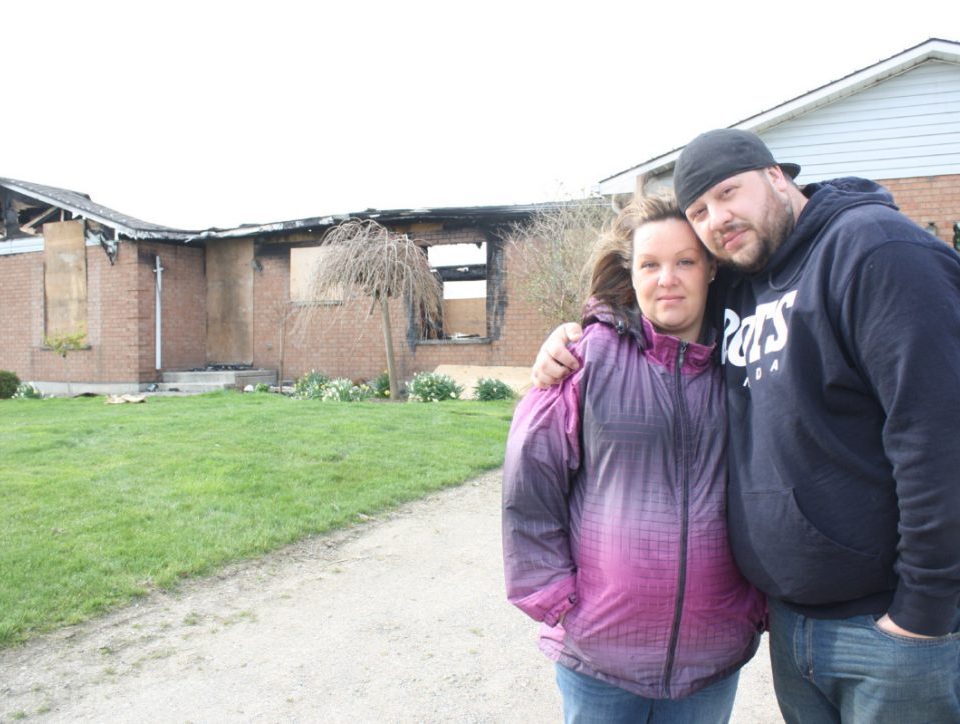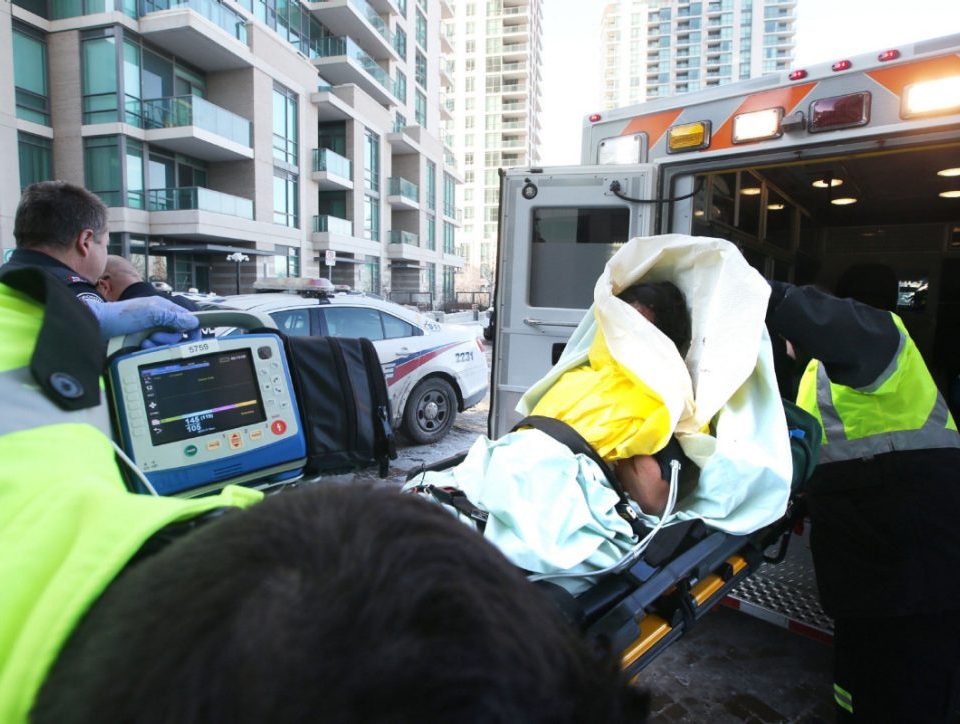Should Canada deport accused terrorists without trial?
Miletic v. Jaksic et al, 2015 ONSC 1400 (CanLII)
March 3, 2015
CBSA wants to hide identities of undercover officers who investigated man accused of plotting Toronto attacks
March 29, 2015When Jahanzeb Malik, a Pakistan-born permanent resident and father, was ordered to remain in detention Wednesday pending deportation, questions swirled as to why the government didn’t simply charge him with terrorism-related offences.
His own lawyer, Anser Farooq, is demanding that his case be tried in court, where the threshold for proof of guilt — beyond a reasonable doubt — is far higher than before the Immigration and Refugee Board, where the government must simply establish there are “reasonable grounds to believe” that a person has engaged or will engage in terrorism activity.
Trying to deport a suspected terrorist rather than put him on trial is a “shortcut” that “doesn’t demonstrate real respect for our law,” says prominent Ottawa-based human rights lawyer Paul Champ.
“Obviously, it is Canada’s sovereign right to decide which non-citizens it doesn’t want within our borders,” said Champ, “but if someone is proven to be committing criminal offences within our borders, I think it’s incumbent to prosecute and jail them before deporting them.”
The federal government alleges that Malik is a self-proclaimed supporter of the Islamic State group and Al Qaeda who wanted to build remote-controlled bombs to blow up the U.S. Consulate and other buildings in Toronto’s financial district, and film the explosions to encourage others to do the same.
Malik, who was arrested Monday after a six-month investigation, has not been criminally charged. He remains in a Lindsay, Ont., jail, and returns to the IRB on Monday for another review of his detention. Farooq said he will be contesting his inadmissibility to remain in the country.
Citizenship and Immigration Minister Chris Alexander’s office referred the Star’s request for comment to the Canada Border Services Agency.
“When, on the balance of probability, the CBSA has credible evidence that someone is inadmissible to Canada on grounds of security and terrorism, it is the Agency’s obligation to pursue the matter in accordance with provisions under the Immigration and Refugee Protection Act,” said spokeswoman Anna Pape.
Toronto immigration lawyer Barbara Jackman, who has considerable experience before the IRB, said it can be easy for the government to have someone deported, rather than go to trial, as the standard for evidence is “very, very low.”
“It just has to be possible that you are involved (in terrorism activity) or may be involved in the future,” she said. “They act on the flimsiest of evidence, the kind of information that wouldn’t be acted on in a court of law.”
Immigration lawyer Lorne Waldman said this can include hearsay evidence.
Malik is likely to remain in detention until his deportation, a process that could take three to four years at minimum if he defends himself, said Jackman, who added the process could take even longer if Malik is deemed to be at risk if he returns to Pakistan.
The eventual deportation of alleged terrorists also raises the question of whether Canada should shoulder any responsibility for sending suspects to other countries without having faced a trial.
“If every country that caught a terrorist let them loose, there would be a lot of terrorists running around out there,” said Liberal Public Safety critic Wayne Easter. “They should be charged under our laws, and then we get these terrorists off the world map. Not just off our streets, but off the world map.”




